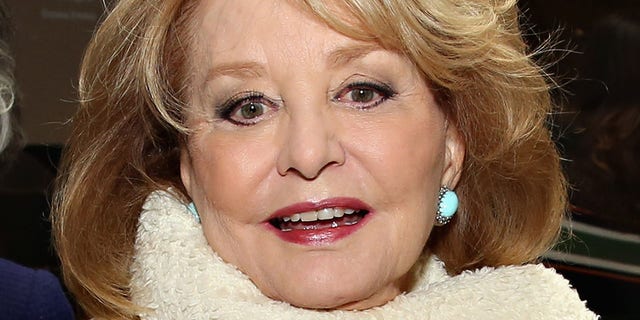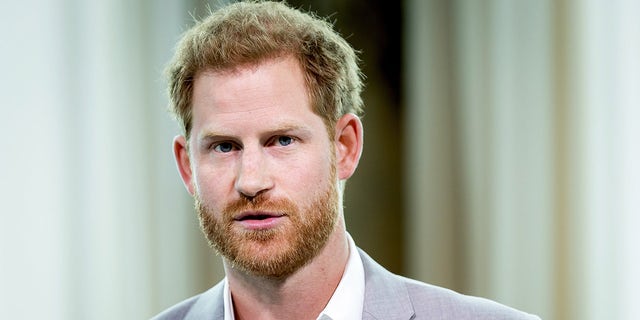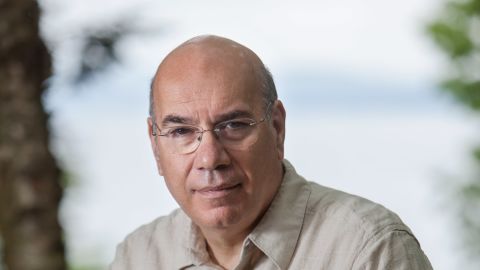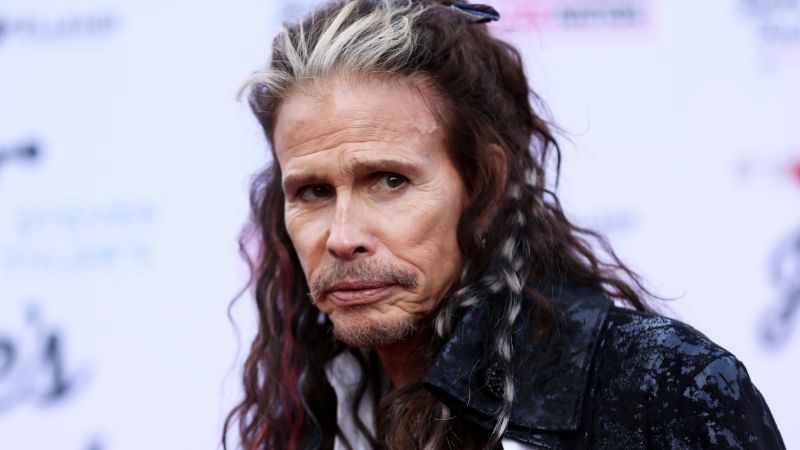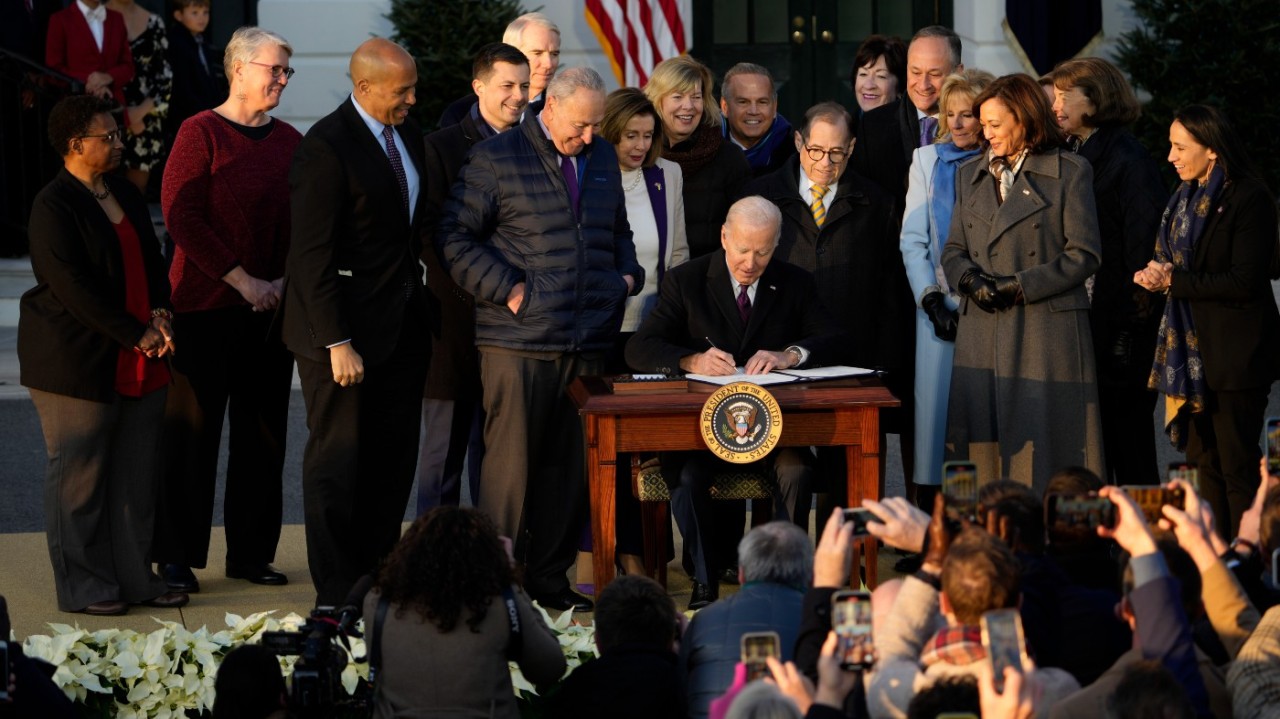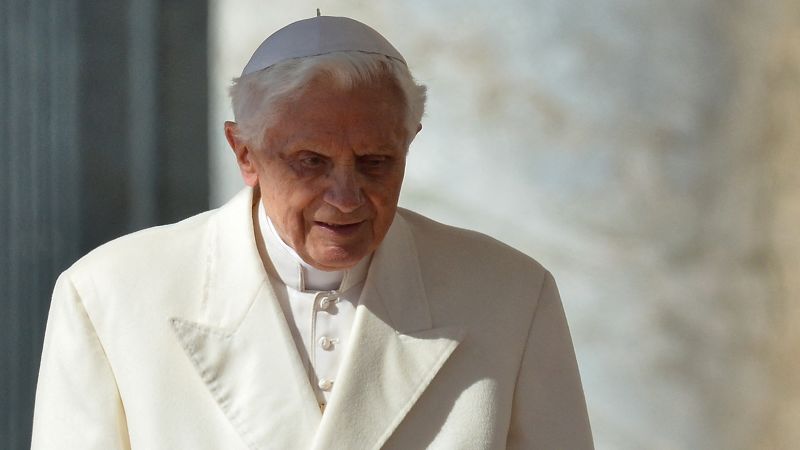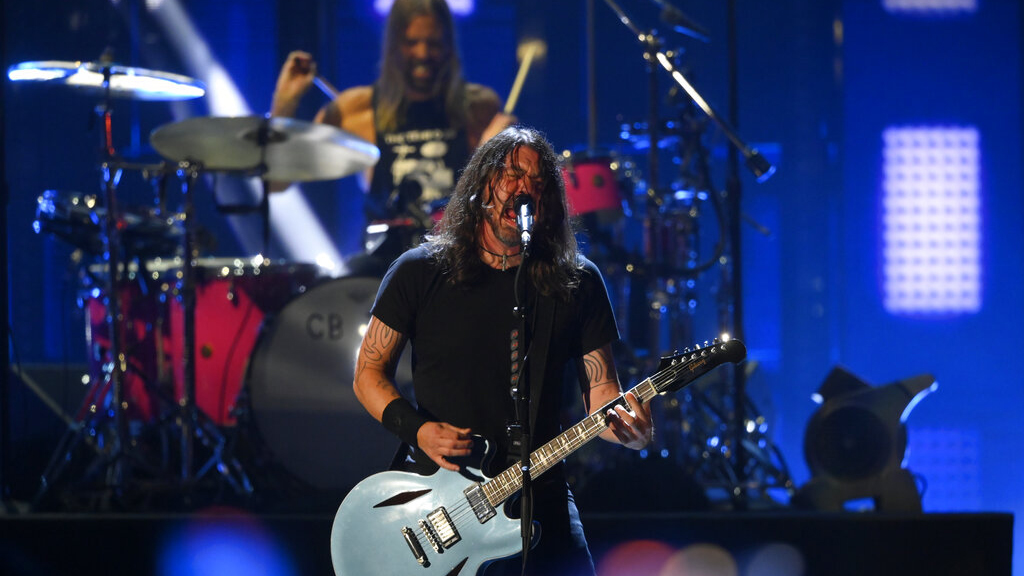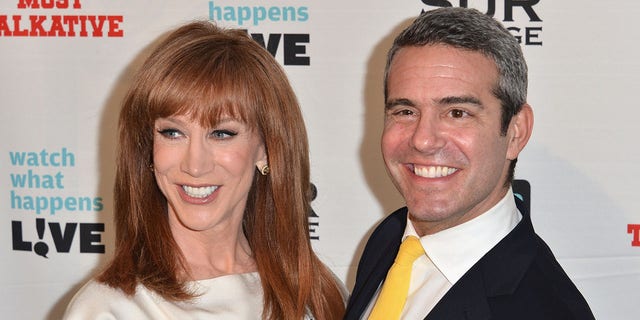Millions of Americans are mourning Barbara Walters, a pioneer in broadcasting and an Emmy Award winner, who died this week at age 93.
Walters was a longtime ABC News anchor who also hosted the primetime show “20/20” and created the women’s talk show “The View” in 1997.
When Walters’ personal account of her life, “Audition: A Memoir,” came out in 2008, book critics widely praised the “blockbuster” nonfiction work for being a “smart, funny, fascinating book” as well as “compulsively entertaining.”
BARBARA WALTERS, JOURNALIST PIONEER, DEAD AT 93
It was full of “heartfelt candor,” critics said.
It was “indispensable” and “intensely readable,” they also said.

Barbara Walters, a broadcasting pioneer, died at age 93, ABC News confirmed this week. Walters’ personal memoir, “Audition,” came out in 2008 from Knopf and vividly reveals a great deal about her life and times.
(Photo by Cindy Ord/Getty Images)
It was also “suffused with an emotional intensity,” one critic wrote.
Still another wrote that it was “intimately personal” while at the same time “wonderfully larger than life.”
Knopf published the book in May 2008 — and today, as of publication time, the book is ranking at the no. 2 spot on Amazon’s “journalist biographies” bestseller list as well as no. 4 on its “television performer biographies” bestseller list.
Walters said her sister’s condition was “never discussed” outside the family circle.
In her memoir, Walters detailed the numerous steps she took in her storied journalism career after growing up in Boston and attending Sarah Lawrence College in Bronxville, New York.
Walters also peeled back the layers of her early family life.
She described her alternately precarious and loving relationship with her older sister, Jackie, whom she described as “mentally retarded, as the condition was called then,” Walters wrote in her book.
Walters said her sister, while older, seemed like the younger sibling.
Her intellectual impairments, wrote Walters, were “just enough to prevent her from attending regular school, from having friends, from getting a job, from marrying — just enough to stop her from having a real life.”
KIRK CAMERON GREETED BY OVERFLOW NEW YORK LIBRARY CROWD FOR MESSAGE OF FAITH, FAMILY, COUNTRY
The TV personality also shared in her book that from a “very early age,” she realized that “at some point, Jackie would become my responsibility” — and that keen understanding was “one of the main reasons I was driven to work so hard.”
But it wasn’t just about the financial responsibility, Walters wrote, when it came to how she would be responsible for her sister throughout their lives.
“For so many years, I was embarrassed by her … ashamed by her … guilty that I had so much and she had so little,” Walters detailed in “Audition.”
She noted that when Jackie was born — over 100 years ago now — there was very little known about “mental retardation” or the “mentally impaired.”
Walters said that because her sister’s life was so isolated — so was her own life, in turn.
She also said there were few schools for those who were different and that few employers who would take on such workers.
“Today,” Walters wrote in 2008, “Jackie could probably get a job, something simple but productive … She might even have met and married a nice man.”
However, back then, her sister’s life, wrote Walters, “was essentially one of isolation” — except, she added, for the “relationship she had with me, and my mother and father.”

Barbara Walters passed away this week at age 93. She has left behind vivid tales of her life in her book, “Audition,” published in 2008.
(AP Photo/Evan Agostini, File)
Walters said her sister’s condition was “never discussed” outside the family circle.
That was because, she added, her parents felt others wouldn’t understand — or would “shun” her or humiliate her.
Notably, Walters added that because her sister’s life was so isolated — so was her own life.
“As a child, I didn’t have birthday parties because Jackie didn’t. I didn’t join the Girl Scouts because Jackie couldn’t join. I rarely had friends over to the house because they didn’t know what to make of my sister, and I would hear the whispers, real or imagined.”
“There were times I hated her, too, for being different … for the restraints she put on my life.”
Walters said that as she grew older and started going out with friends or on dates with young men, her mother would ask her to please take Jackie along with her.
“I loved my sister. She was sweet and affectionate — and she was, after all, my sister.”
Added Walters, “There were times I hated her, too, for being different … [and] for the restraints she put on my life.”
She also said, “I didn’t like that hatred, but there’s no denying that I felt it. Perhaps you’ll be horrified at my admission,” Walters added bluntly.

Barbara Walters is shown during the 2014 Time 100 gala. “Perhaps you’re guilty of the same emotions and will feel relief that you are not alone,” Walters wrote in her book, “Audition,” about her complicated feelings about her sister, Jackie.
(Reuters)
“Or, perhaps you’re guilty of the same emotions and will feel relief that you are not alone,” she also wrote.
Walters noted that almost anyone else who has a chronically ill sibling, or a sibling who is mentally or physically impaired, will “understand what I mean.”
She went on to note how beautiful her sister was physically — and “you wouldn’t have known” there was anything different about her “until she opened her mouth to talk.”
CLICK HERE TO GET THE FOX NEWS APP
She revealed her sister’s stuttering — and that their parents tried everything possible in those days to try to help her with “her speech impediment.”
She shared, too, how difficult it was for her to watch her sister be bullied by other children.
CLICK HERE TO SIGN UP FOR OUR LIFESTYLE NEWSLETTER
Walters said her sister died in 1985 of ovarian cancer — but that up until that point, Walters “agonized” over the relationship with her sibling and over Jackie’s challenging life circumstances. Still, she knew her sister always loved her, she said.
Walters’ memoir “Audition,” released originally in hardcover and a no. 1 national bestseller when it came out, was also produced in paperback as well as in Kindle and audiobook versions.

